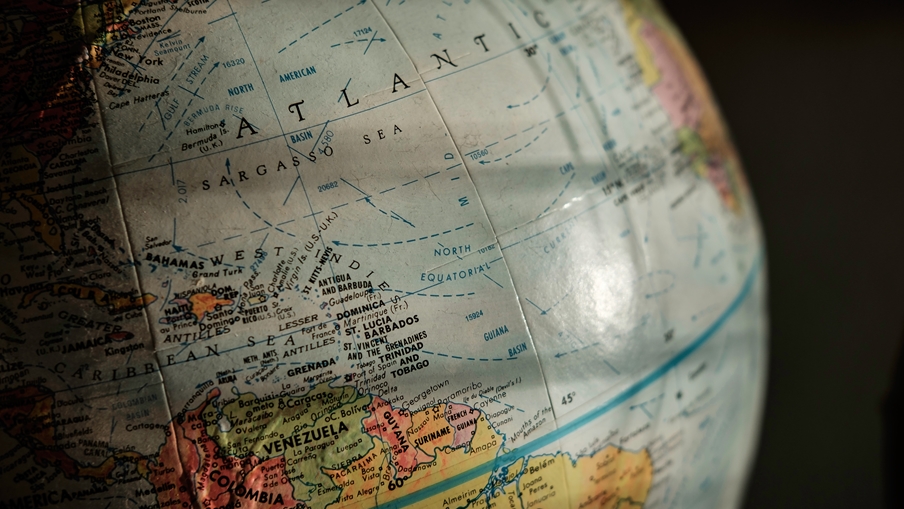The White House issued an executive order that imposes a freeze on all Venezuelan government property in the U.S., and bars American transactions with the government.
The order, first revealed Monday night but publicly announced Tuesday, significantly escalates U.S. pressure against the government of Venezuela. Contrary to initial media reports, however, the order doesn’t constitute an embargo.
In addition to blocking all Venezuelan government property in the U.S., the executive order restricts entry into the U.S. of sanctioned Venezuelans and authorizes the U.S. Treasury Department to designate people or entities providing support to Nicolas Maduro, whom Washington no longer considers the country’s leader.
“The Maduro dictatorship must end for Venezuela to have a stable, democratic, and prosperous future—free from the horrors of socialism that have ravaged this once great country,” the White House said Tuesday.
National security adviser John Bolton said at a conference in Lima, Peru, that Russia and China could face sanctions if they continue to support Maduro. “We say again to Russia, and especially to those who control its finances: ‘Do not double down on a bad bet.’ To China, which is already desperate to recoup its financial losses … the quickest route to getting repaid is to support a new legitimate government,” he said.
Venezuela denounced the new executive order in a statement posted to social media by Foreign Minister Jorge Arreaza, who was sanctioned by the U.S. in April.
The U.S., which has heightened the pressure on Venezuela since President Donald Trump came into office, has already sanctioned Maduro, his wife, Celia Flores, his son Nicolas “Nicolasito” Ernesto Maduro Guerra and three of his stepchildren. Dozens of top officials, government banks and state-owned companies, including oil company Petroleos de Venezuela SA (PdVSA) and gold-mining firm CVG Compania General de Mineria de Venezuela CA (Minerven), have also been designated. The Treasury has flagged widespread public corruption schemes, and U.S. prosecutors have pursued criminal probes of graft linked to the Maduro family and those close to them.
The Trump administration has issued 30 rounds of sanctions on Venezuela against about 200 individuals and entities, and it has revoked more than 700 visas, including those held by more than 100 former Maduro officials, the White House said in a fact sheet. It has lifted sanctions on an official who broke with Maduro, though, stressing that others can receive similar treatment.
Venezuela has been engulfed in a humanitarian and political crisis for years. The International Monetary Fund said last week that the country’s economic contraction is among the most severe across the globe, adjusting its 2019 forecast to a contraction of 35 percent, according to an Associated Press report.
The number of Venezuelans leaving their country has reached 4 million, the United Nations said in June, with the majority fleeing to nearby Latin American nations. A late-April push, supported by the U.S., to topple Maduro failed; his government and the opposition held talks last week in Barbados.
Alongside the executive order, the Treasury issued guidance and announced licenses that allow the continued flow of humanitarian aid to Venezuela. Americans will continue to be able to use the U.S. financial system for exports of food, agricultural commodities, medicine and medical devices, as well as to send personal remittances, the Treasury said. Transactions concerning international organizations, telecommunications and mail, the Internet, medical services and civil society will also continue to be authorized, according to the Treasury.
“It is imperative that the international community continues to fully utilize humanitarian exemptions to ensure that food and supplies continue to flow to Venezuelans suffering from Maduro’s man-made economic crisis,” said Treasury Under Secretary Sigal Mandelker.
